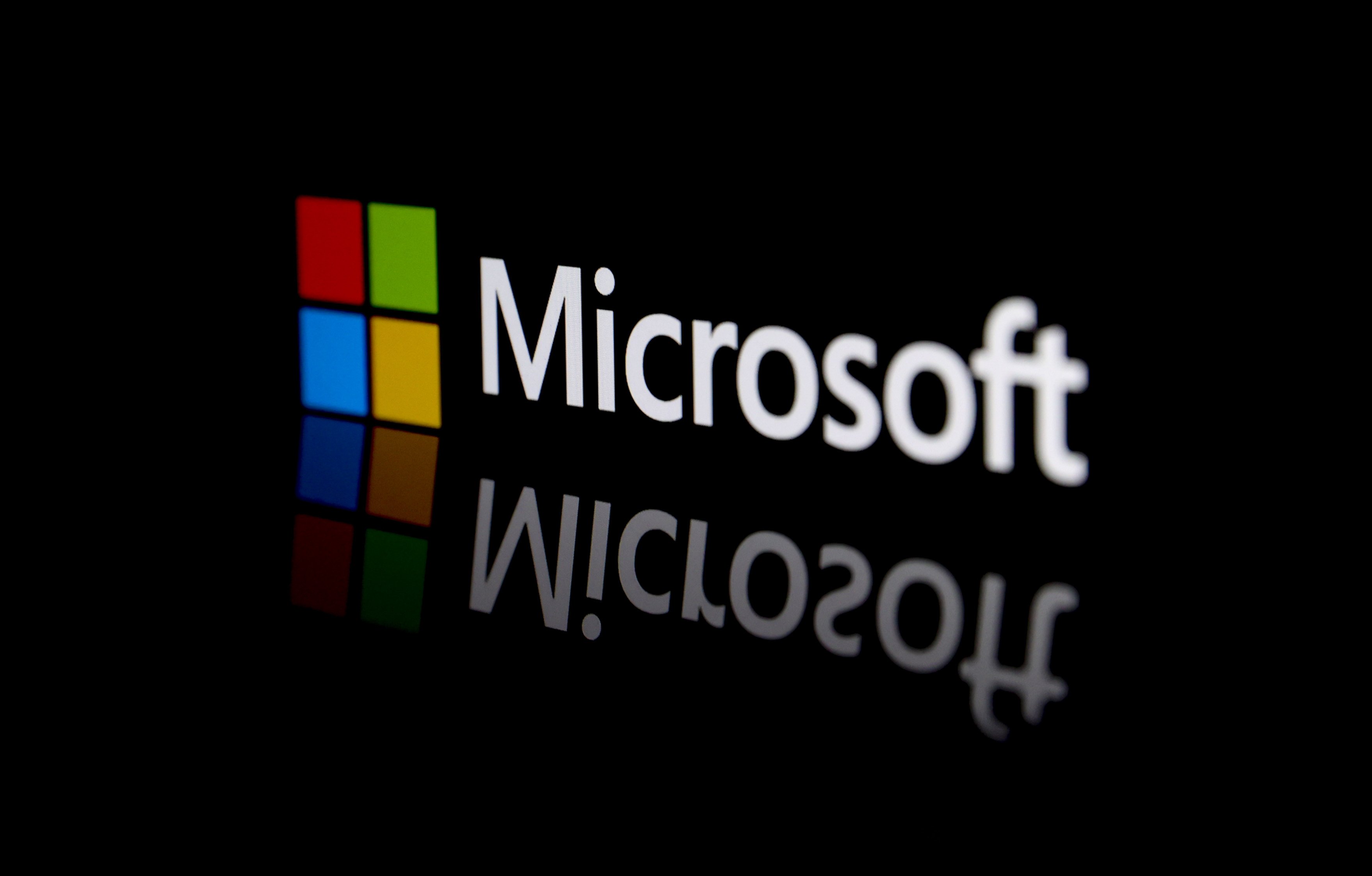The video game industry has relied on more or less the same business model ever since games moved from arcades to homes. Video game enthusiasts buy consoles like Sony's (SNE 0.85%) PlayStation 4 or Microsoft's (MSFT 0.83%) Xbox One (or a gaming-ready computer) and then buy individual games. There have been minor changes over time -- like the arrival of digital downloads and marketplaces like the PlayStation Store and Steam -- but until recently, games were typically purchased individually. It won't be like that for much longer. In fact, the first subscription streaming services for video games have already arrived.
Like movies, television, and music before them, video games are being disrupted by the advent of subscription streaming services. Some such services already exist; others are still in the planning stages. It's early, but it's clear that some massive companies are betting big on the subscription streaming future of gaming. Who will come out on top?
Check out the latest earnings call transcripts for Microsoft.

Image source: Getty Images.
Early entries and platform-service synergies
Some tech giants are plotting subscription streaming services right now, but they're already a step behind the earliest arrivals to the video game streaming market.
NVIDIA (NVDA 0.72%) has a video game streaming service called GeForce Now. That service is designed to work on PCs, Macs, and the company's own game and video streaming device, the NVIDIA Shield TV.
There's also Microsoft and Sony, two of the three biggest companies in console gaming. Microsoft's Xbox Game Pass and Sony's PlayStation Now are designed to work on their respective companies' consoles; PlayStation Now also works on PCs.
How much does a head start like this matter? It could be significant, especially given the connections Sony and Microsoft have established between their streaming services and their consoles. Sony has sold 91.6 million PlayStation 4 consoles: the best showing of any current-generation system. Only PlayStation Now will work on those consoles.
Sony's advantage in hardware has translated to an advantage in streaming subscriptions so far. According to research firm SuperData, PlayStation Now generated $143 million of revenue in the third quarter of 2018, by far the most of any video game streaming service. Though there are other relevant factors (like the larger size of PlayStation Now's library relative to that of Xbox Game Pass), this helps illustrate the advantage Sony enjoys due to the popularity of its hardware.
With that in mind, it's worth keeping an eye on Nintendo, too. The Switch has sold more than 32 million units since its debut less than two years ago. Along the way, it hit 20 million units sold faster than any other gaming console in history. Nintendo's online gaming subscription service includes a small number of streaming games from past Nintendo consoles (NES games are available now, and Super Nintendo games are expected soon). It's also not hard to imagine Nintendo building out a service that supports newer games.
| Console | Units Sold (as of Dec. 31, 2018) |
|---|---|
| PlayStation 4 | 91.6 million |
| Xbox One | 40 million (estimated) |
| Nintendo Switch | 32.3 million |
Data sources: Sony, VGChartz, Nintendo.
Other tech giants are lurking
Microsoft, Sony, and Nintendo have an obvious advantage here. And it's not hard to see why NVIDIA -- which makes hardware for gaming PCs, among other things -- is getting involved. But they aren't alone.
Apple (AAPL +0.47%) is rumored to be working on a video game publishing and/or streaming service of some kind. Alphabet's Google has a video game streaming service called Project Stream in the works. And Amazon (AMZN 1.00%) is also said to be developing a video game streaming service.
Amazon, Apple, and Google may not have video game consoles of their own, but they have other options for attacking the video game streaming market. They could follow NVIDIA's path and offer streaming devices with beefy hardware specs up to the task of video game streaming, for instance. Or they could use their wireless transfer protocols to stream video games from a computer to a streaming device -- for instance, Apple could have you run the video game streaming service on a MacBook, and then send it to your Apple TV using AirPlay.
Furthermore, Google is reportedly mulling a hardware offering down the line. For now, though, Google's video game streaming service is expected to work inside the Chrome browser -- which is possible because Google, like the rest of the console-less set, can use cloud computing to make up for its lack of gaming hardware.
Using cloud computing to do the heavy lifting makes it possible to play modern games on stripped-down hardware. Video game company Electronic Arts has shown off early versions of a streaming service that would allow users to play games on underpowered devices like smart TVs, while Google is working with Ubisoft to get Assassin's Creed Odyssey to run on Project Stream. Cloud computing is also reportedly the key to Amazon's video game subscription service plans.
Of course, consoles can benefit from this, too. Nintendo has used cloud computing to let Nintendo Switch owners in Japan play games that the Switch could not run on its own hardware. Meanwhile, Microsoft is developing a service called Project xCloud that will bring Xbox games to mobile devices and other less powerful platforms -- and perhaps open the door for cheaper Xbox hardware.
Who has the advantage?
Cloud computing goes a long way toward erasing the advantage that companies like Microsoft and Sony have in the form of their consoles. But this isn't just about computing power: Microsoft and Sony have built-in audiences for their existing and potential streaming services, because they already have loyal fan bases of console users. Furthermore, both companies have in-house game development teams that could bring down the cost of content. (All of this is true of Nintendo as well, though that company has so far flirted with serious streaming efforts only in Japan.) Combined with a head start, these advantages give Microsoft and Sony the upper hand -- at least for now.










